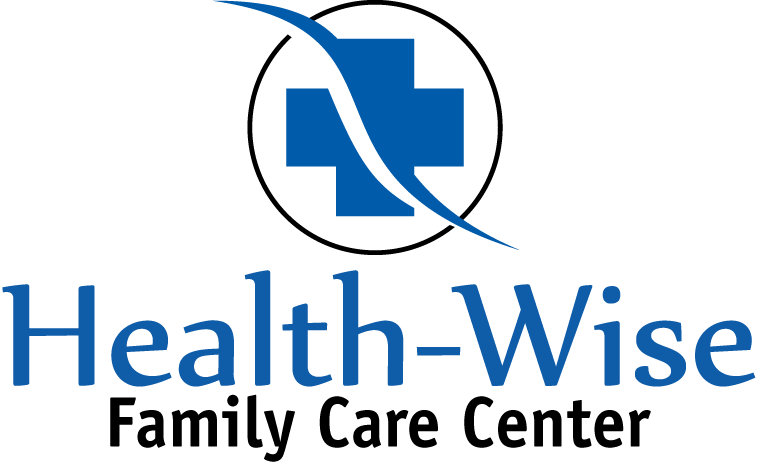NAD infusion refers to the intravenous administration of NAD+, which stands for nicotinamide adenine dinucleotide, a coenzyme involved in various cellular processes in the body. NAD infusion therapy is a treatment approach that aims to increase NAD+ levels in the body, potentially providing benefits for energy production, cellular repair, and overall well-being. It is often used in anti-aging and wellness contexts, but its efficacy and long-term effects are still being studied and understood by the scientific community.
NAD infusion is believed to help with aging through its involvement in cellular processes and its potential impact on mitochondrial function. NAD+ plays a crucial role in energy production within cells and is involved in various enzymatic reactions, including those related to DNA repair and maintenance.
As we age, NAD+ levels naturally decline, which can have negative effects on cellular function and overall health. By supplementing NAD+ levels through infusion therapy, it is hypothesized that cellular energy production can be enhanced, promoting more efficient cellular function and potentially slowing down age-related processes.
Furthermore, NAD+ is an essential component for the activity of sirtuins, a group of proteins associated with longevity and regulating various cellular processes, including gene expression, stress response, and metabolism. By boosting NAD+ levels, it is believed that sirtuin activity may be enhanced, which could potentially have positive effects on aging and age-related conditions.
However, it's important to note that while NAD+ infusion therapy shows promise and has gained attention in the field of anti-aging and wellness, the scientific research is still ongoing, and the long-term effects and benefits of NAD+ supplementation for aging are not yet fully understood. Consulting with a healthcare professional knowledgeable in this area would be advisable before considering NAD+ infusion therapy.


